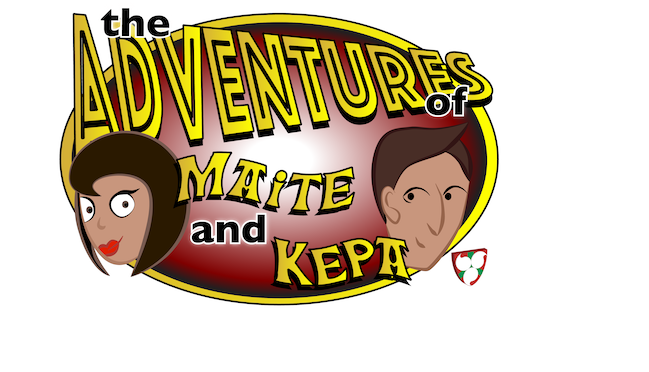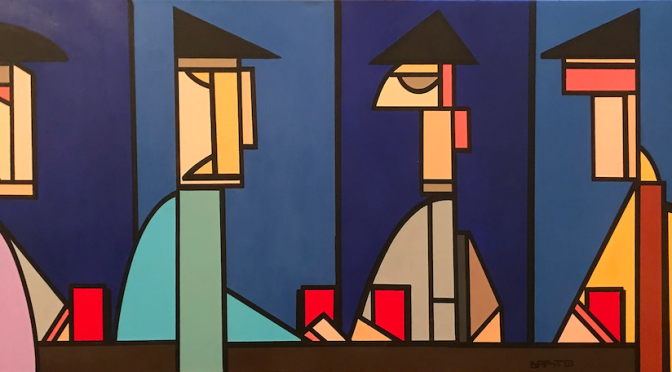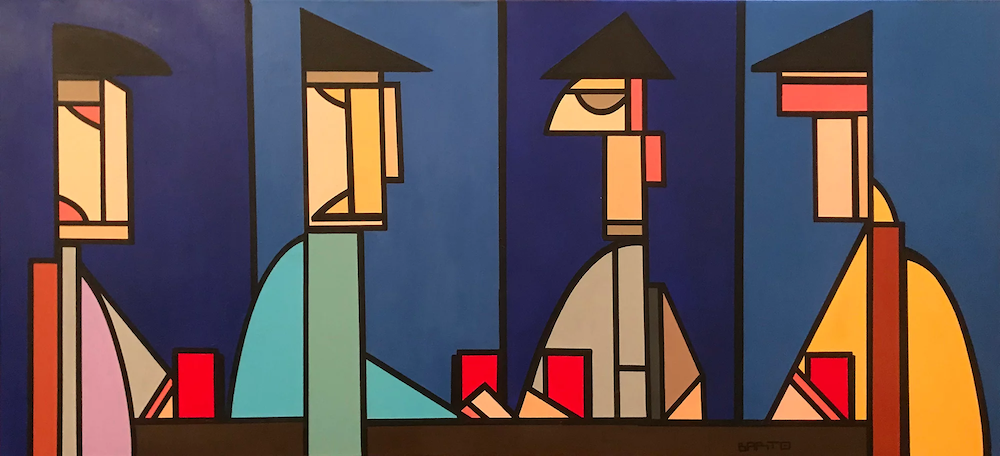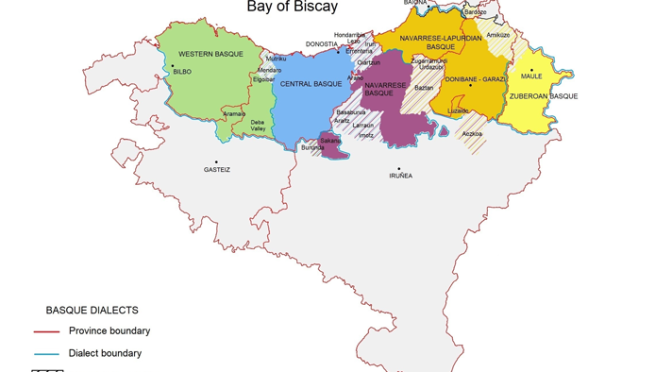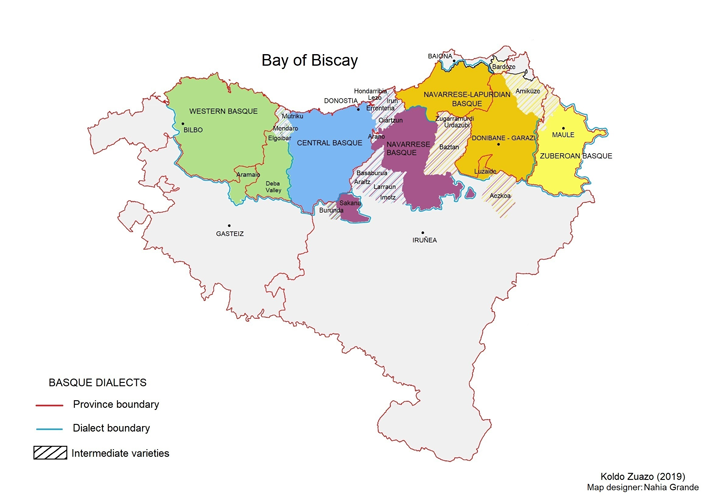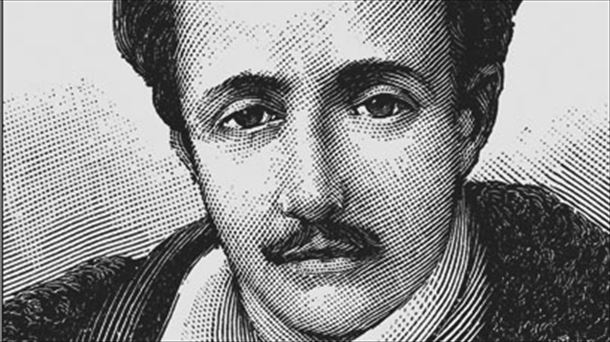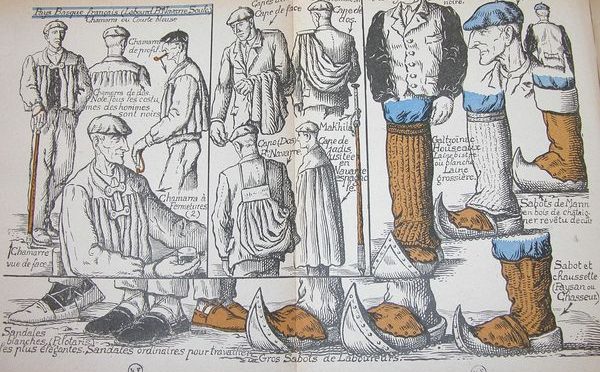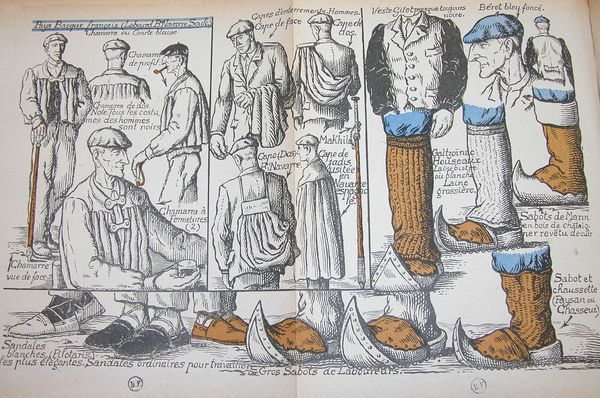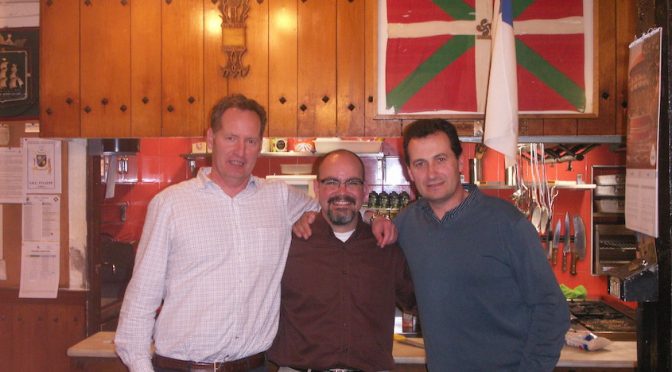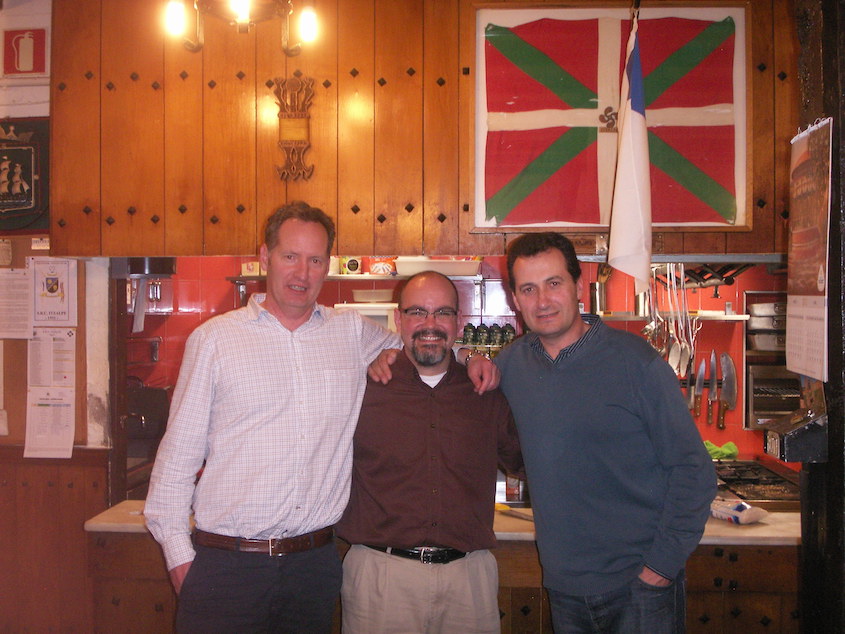A few nights later, Kepa found himself at the base of de Lancre’s tower. Kepa had wondered why they didn’t wait for a new moon, but everyone had told him that the streets were too well lit for there to be any advantage. He looked up at the moon hovering above them and noticed some strange lights coming from it. Nudging Latxe in the side with his elbow, he pointed to the moon.
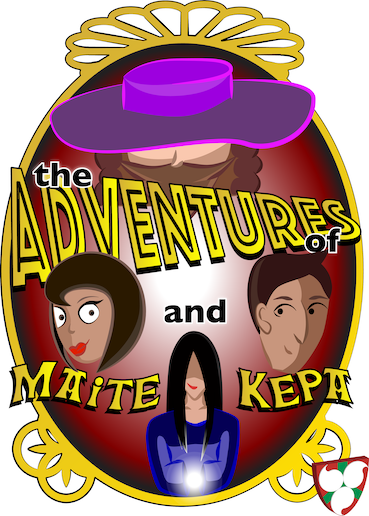
“What are those lights?” he asked.
“Those?” she asked, looking at him quizically. “That’s the Chinese colony. Everyone knows that.”
“There is a colony on the moon?” Kepa asked incredulously. And then, with excitement growing in his voice, he added “That’s so cool! Maite is going to be flabbergasted!”
Latxe shook her head. “Some day, you are going to have to tell me where you really come from.”
Kepa gave her a sheepish grin before changing the subject. “So, how do we get in again?”
Latxe pulled out what looked like to Kepa a small phone or tablet. “With this,” she said, “we can hijack the nanobots within a small radius.” Her finger danced across the face of the screen, touching and highlighting various symbols and icons that Kepa couldn’t decipher. She ended with a sweep of her finger in a circle and then a sudden motion upward. Within moments, an opening appeared in the side of the wall. Latxe stepped through, beckoning Kepa to follow her.
“That’s amazing!” he said as he watched the opening disappear as if it never existed.
“The nanobots are pretty cool,” she admitted. “I can’t imagine life without them.”
“But, they are everywhere, right?” asked Kepa. “Isn’t that a little… creepy?”
Latxe shrugged. “I don’t know. They’ve been around all my life, working in the background, keeping things clean and making sure that we have the right infrastructure for the current population. None of us have any material needs since the nanobots provide everything we might want.”
“Are they all over us too?” asked Kepa with a shiver, absentmindedly brushing off his arms.
“They are programmed to stay off of living beings,” said Latxe. “I mean, if you wanted a change of clothes, they could make that happen, but only touching the fabric and not you. I guess that is one step too far for most of us.”
“What do you mean, ‘most of us?’”
“Well, there is a whole counterculture where people actually hijack the nanobots to force them to modify their own bodies. I’ve seen a few people whose faces constantly morph as the nanobots reconstruct their facial features. One moment they might be an African woman and the next a Nordic boy. Others have the nanobots cover their bodies in metallic scales, literally transmuting their skin into metal.”
“Won’t that kill them?” asked Kepa in shock.
“The nanobots also compensate for any damage they do, providing the body with just enough medical aid to counter the effects of these changes.” Latxe shrugged. “I’ve thought about it myself, about having the nanobots change me, but I haven’t thought of anything I wanted bad enough to go through with it.”
“This place is so weird,” said Kepa under his breath.
“Not as weird as you, my friend,” said Latxe with a chuckle. She looked down at her device. “Come on, we have a long ways to go.”
If you get this post via email, the return-to address goes no where, so please write blas@buber.net if you want to get in touch with me.

